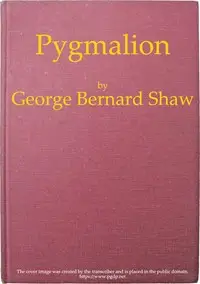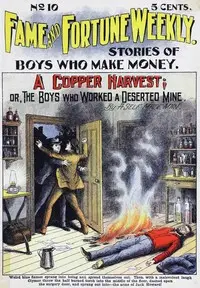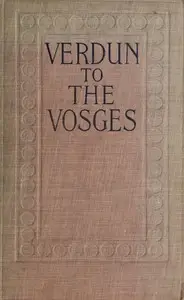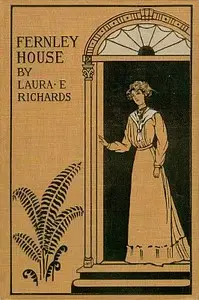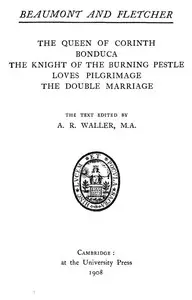"Fanny's First Play" by Bernard Shaw is a play written in the early 20th century, specifically in the year 1911. It revolves around the character of Fanny O'Dowda, an aspiring playwright who stages a private performance of her work for a gathering of critics and guests at her father's estate. The play delves into themes of morality, artistic expression, and generational conflict, as Fanny grapples with the implications of her work on her father's traditional values and expectations. At the start of "Fanny's First Play," readers are introduced to a theatrical setting where Fanny is nervously preparing for a private performance of her play, which could potentially shock her father, Count O'Dowda. The opening scene features Cecil Savoyard, an impresario, engaging in a conversation with the Count about the play's nature and the critics who are invited to review it. Fanny's character is established as anxious yet determined, keenly aware of the cultural expectations she is challenging, particularly her father's admiration for traditional aesthetics. The Count is portrayed as somewhat out of touch with modernity, harboring a romanticized view of art and culture. The initial interactions lay the groundwork for a humorous exploration of art, family dynamics, and the struggle for creative self-expression. (This is an automatically generated summary.)

Fanny's First Play
By Bernard Shaw
"Fanny's First Play" by Bernard Shaw is a play written in the early 20th century, specifically in the year 1911. It revolves around the character of F...
Genres
Released
2004-05-01
Formats
epub3 (images)
epub
mobi (images)
mobi
epub (images)
Free Download
Overview
About the Author
George Bernard Shaw, known at his insistence as Bernard Shaw, was an Irish playwright, critic, polemicist and political activist. His influence on Western theatre, culture and politics extended from the 1880s to his death and beyond. He wrote more than sixty plays, including major works such as Man and Superman (1902), Pygmalion (1913) and Saint Joan (1923). With a range incorporating both contemporary satire and historical allegory, Shaw became the leading dramatist of his generation, and in 1925 was awarded the Nobel Prize in Literature.
Total Reviews
10.0k
Total reviews from Goodreads may change



